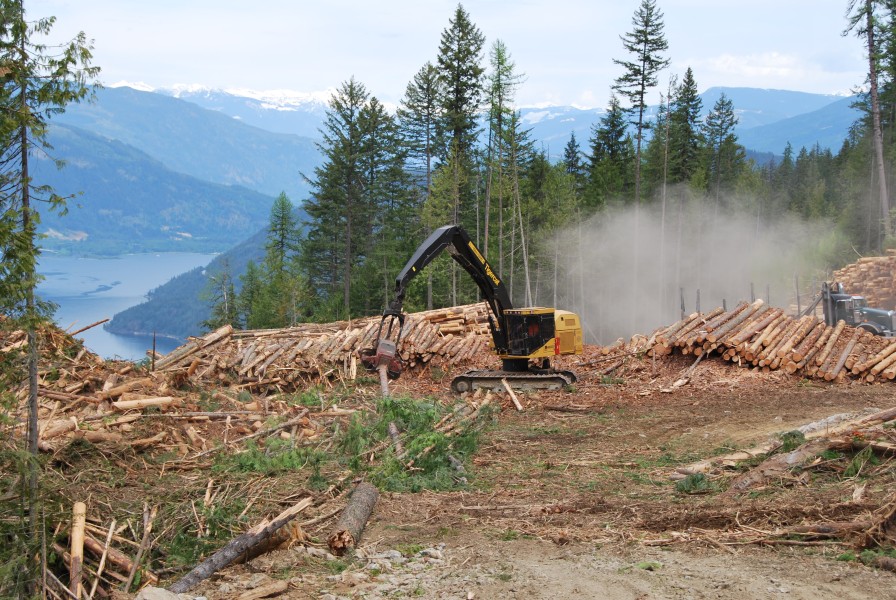
Editorial: Rebranding waste
March 7, 2023
By
Maria Church
Is it time to stop saying logging ‘waste’?
 Photo: Annex Business Media
Photo: Annex Business Media “One man’s toxic sludge is another man’s potpourri.”
A memorable quote for me during my family’s annual viewing of How the Grinch Stole Christmas. That’s the Jim Carry one – a polarizing move, to be sure, but I’m team love it.
The hairy green antihero utters these words as he collects bags of garbage from nearby Whoville and appears to feed them into some sort of Dr. Seuss-ified boiler that keeps the lights on in his rather unpleasant lair. This movie is more than 20 years old now. I’d like to think the Grinch’s fictional waste-to-energy system is a bit more advanced than simple incineration, and that he was a Who before his time.
We themed our latest issue of Canadian Biomass around harvesting and one Canadian company that’s following in the Grinch’s green footsteps is Sustane Technologies Inc. in Nova Scotia. Sustane’s first-of-its-kind facility is designed to divert 70,000 tons per year of municipal landfill waste and turn it into value-added biomass pellets, synthetic fuels, and feedstock for higher value polymers.
I first wrote about Sustane in 2020 when they were on the cusp of opening their demo plant in Chester. Tristin Mabey with BioApplied visited Sustane and in our back-page column she shares the latest on their facility and mandate to transform waste.
Continuing our biomass harvesting theme and turning our focus to the forest inevitably led us to address the elephant in Western Canada’s forest industry: slash pile burning.
Five researchers (Eric Nance, Dominik Roeser, Carly A. Phillips, Caren D. and Werner Kurz) authored “The burning question“, an article challenging the industry to rethink residue management practices. Among their suggestions – in fact the one they argue is the “most important step we can take towards more responsible management of harvest residues” – is for industry to stop viewing logging slash as waste and therefore an afterthought.
“Residues are a component of the fibre profile alongside the others, which should be managed with as much care and stewardship as the high-value logs that B.C. is known for.”
Being in the business of words, my contribution is to suggest a rebrand.
The term waste implies something to be discarded with no purpose. It’s no longer useful. We in the bottom-feeding biomass world know that’s not the case, but the larger forest or agriculture industries (and government, for that matter) continue to view our feedstock as something to be efficiently and cheaply discarded.
Atli Chip certainty don’t view slash as waste, but rather their bread and butter as a chip plant in northern Vancouver Island. Yet, as CEO Doug Mosher told me for our latest profile story, their profitably is tied to a complex and changing web of incentivising policy and good relationships with other forestry companies.
Now, I’m not suggesting we go with “potpourri,” but certainly I’ll be making a concerted effort to drop the term “waste” for more appropriate language describing the feedstock we value so much.
And here’s to hoping our society learns to value that feedstock as well.
Print this page